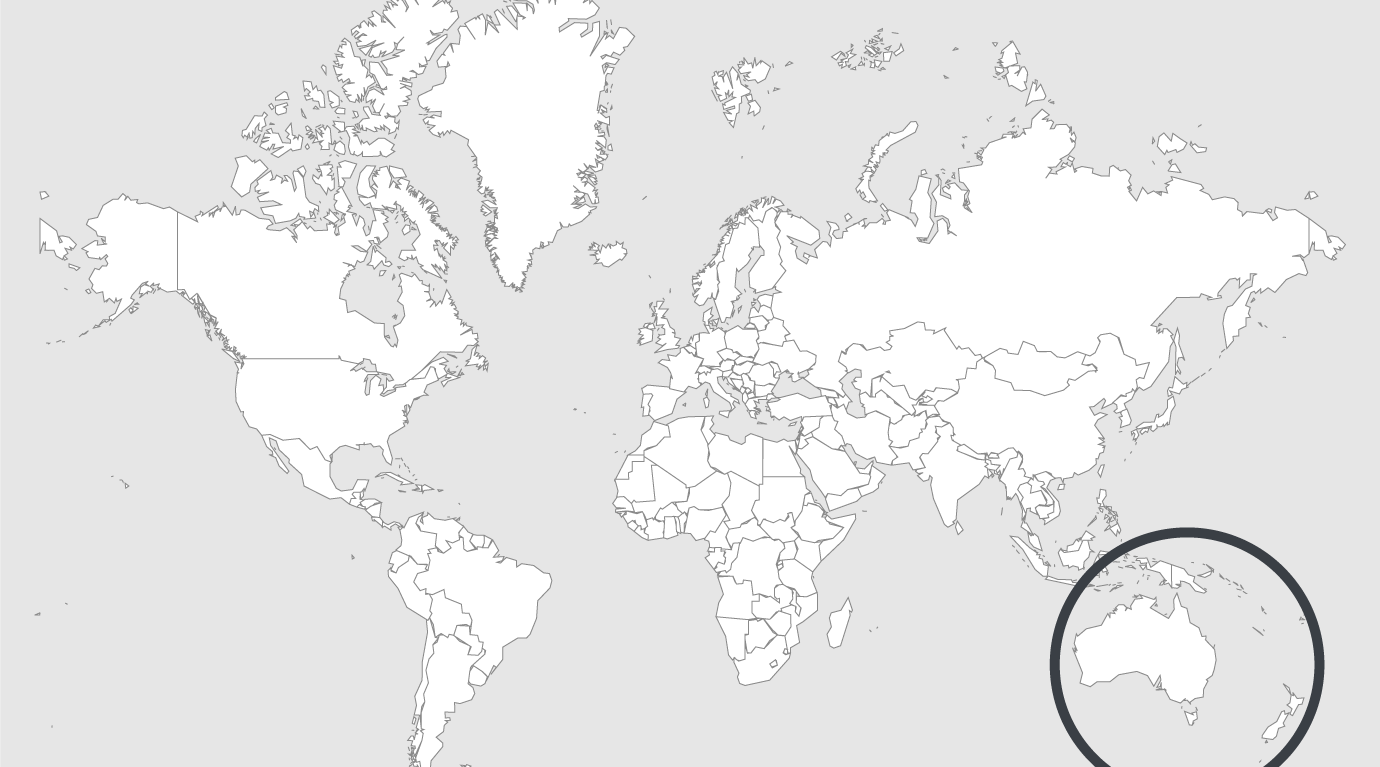
Explore
Australia : "Prison is no place for a child"
Despite repeated campaigns against it, Australia still puts children as young as 10 behind bars. But pressure is growing to raise the age of criminal responsibility with a key meeting on Monday to discuss the issue.
Keenan Mundine is 33 and has spent almost half his life in and out of prison.The Wakka Wakka and Birpai man grew up on the Block in Sydney’s Redfern at a time he says the community was suffering. “Although we had a lot of family, a lot of mob and a lot of love and support, there was a lot of unemployment, violence, there was a strong police presence,” he told SBS News.
“I was exposed to a lot of things no child should be exposed to.”
He lost both his parents by the age of seven as they each “battled their own demons”. “There was always that little boy in me that just wanted to be safe that wanted food in the fridge, that wanted electricity on, that wanted a family,” he said. But he was removed from his family and community and by the age of 14, was arrested for stealing.
*“That was the beginning of my lengthy battle with crime and drugs and mental health, and it kept me in that vicious cycle for more than half of my life.” *
In Australia, children as young as 10 can be put in detention and it’s a policy that disproportionately impacts Indigenous children.
Australia has been criticised by the UN for having one of the lowest ages of criminal responsibility compared to many other developed nations and public pressure is growing for the nation’s leaders to lift the age from 10 to 14.
The Council of Attorneys-General agreed to examine whether to raise Australia’s age of criminal responsibility in 2018 and are set to review the issue at a meeting on Monday with state and federal input.
Noongar woman Roxanne Moore from the National Aboriginal and Torres Strait Islander Legal Services says Indigenous children are criminalised at much higher rates than non-Indigenous children.“Aboriginal and Torres Strait Islander kids are being criminalised for things like stealing a chocolate frog, or bread. We know that’s related to the disadvantage our kids experience and it’s the vulnerable, really young children, that are getting trapped in the quicksand of the justice system,” she said.
There were almost 600 children aged 10 to 13 in detention from 2018-19 according to the Australian Institute of Health and Welfare. More than 60 per cent were Aboriginal or Torres Strait Islander.
The rate of imprisonment of Indigenous young people in the Northern Territory is 43 times the rate of non-Indigenous children and 17 times the rate nationally, according to new analysis from the Sentencing Advisory Council of Victoria.
Larrakia woman Shahleena Musk, a senior lawyer from the Human Rights Law Centre, said “it’s not about Aboriginal kids out there committing more crimes”.
“There’s systemic factors, even bias and discrimination, in the application of the system.”
“Rather than responding by police and prisons, we can actually address health, disability, poverty, housing and stability. We can focus on building these up, rather than breaking them down.”
